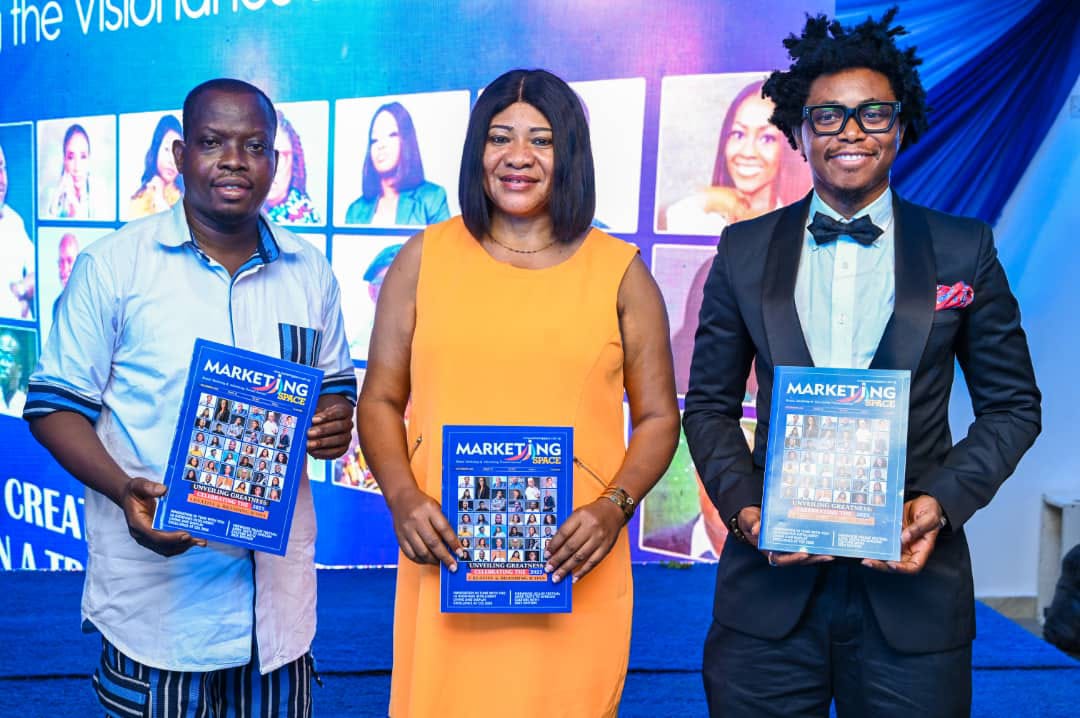Journalists practicing in Abia State, under the aegis of Nigeria Union of Journalists (NUJ), at their last media summit held in Umuahia, the state capital, with theme ‘Media, Democracy and Development of Abia State: The Role of Stakeholders’, have re-stated their commitment to professional practice.
The state chairman, Comrade John Emejor, who reiterated this recently at the investiture of new patrons of the state chapter of NUJ, said journalists are not licensed to malign anybody or indulge in the dissemination of false, fake news or hate messages “because we know that what we publish, broadcast and transmit have profound effect and influence on our polity.”
The former Chief Press Secretary to the state government, Mr. Chimdi Oluoha, presented a paper that examined the theme from a media perspective, the Founder/Chancellor of Gregory University, Uturu, Abia State, Professor Gregory Iyke Ibeh, also spoke on the theme.
Professor Ibeh, whose paper was read by the Head of Mass Communication of his university, Dr. Ibe Njoku, faulted the media for neglecting coverage of development in rural areas which, according to him, are not only critical, but host majority of the citizenry.
He wondered why the media’s preference is to cover the urban and semi-urban areas, which he described as areas where there are false sense of achievements. He noted there are tremendous positive development in the rural areas that though impact on their lives, are not appreciated and reported.
Chancellor Ibeh said even “when the media reported the rural areas, the focus was often on their endemic poverty, want and deprivations, crime and disasters.”
According to him, the cumulative effect of this scenario is that people outside the rural areas do not know and explore the vast opportunities that exist and beg to be tapped for development.He said this has resulted in a situation where those who ought to be concerned and worried about them do not know the needs of rural areas.
He said that the issue of governance has remained a problem because of the inability of those at the helm of affairs to deliver as they promised the people and thus failed to meet their expectations.He attributed their inability to meet the people’s expectations despite their claimed efforts, to their doing same things the same way sustainably and urged that to move forward, they should use new approaches, invent new ways and new ideas to innovate and drive development.
“The media should begin to promote critical thinking that elicit new and creative approaches to development and set agenda that have capacity to place Abia State on an irreversible course for growth, greatness through sensitisation and mobilisation of people to play well their part in supporting development drivers and for that hold them accountable,” he stated.
The state governor, Dr. Okezie Ikpeazu, who was invested as the state NUJ Grand Patron, acknowledged the contributions of the state journalists to the successes recorded by his government and promised to sustain his support to them.He assured that the state would always partner with reputable organisations to grow and “drive our vision with a view to changing the developmental narratives of the state.”
Meanwhile, the Minister of Information and Culture, Alhaji Lai Mohammed, has directed the National Broadcasting Commission (NBC) to immediately implement measures aimed at repositioning the broadcast industry with a view to sanitising the industry, creating jobs, promoting local content and bringing the broadcast industry up to par with the best practices from around the world.
Part of the measures to be implemented is the prohibition of exclusivity of sporting rights in Nigeria, as a new regulation now mandates broadcasters and exclusive licensees to share such rights with other broadcasters to boost reach and also maximise utilisation by all broadcasters of premium content to grow their platforms and investment in other content.
He said: ”Following my satisfaction with the report which was very professional and detailed, I wish to direct the commission to take the necessary measures to effect the implementation of the various provisions therein. This directive covers the provision for the regulation of the web and online TV/Radio; regulation of international broadcasters beaming signals into Nigeria; hate-speech; human resource and staff welfare; funding for the reforms implementation; monitoring; independence of the regulator and ease of issuing licences as well as competition and monopoly issues.”
According to him, major highlights of the directive include new regulations to compel broadcasters to utilise the content and services of Nigerian independent producers in fulfillment of the regulatory requirements for 70 per cent local content, rather than the current abuse of the rules, which allows many loopholes for the production of such content in jurisdictions outside Nigeria. This will empower local producers with proper funding and investment, enhance foreign collaborations, develop the local industry, raise the standard of local productions and ultimately lead to job creation.
The minister noted that new regulations would also ensure that producers of content are paid promptly for adverts and sponsored content placed on all TV, radio and broadcast platforms, ensure that the production of adverts are localised to create and promote local production and, where it is not, to attract a charge every time such an advert is aired, with the charge being put into a fund to help develop local expertise in production.
Besides, he said that for musical content, a new regulation would ensure that broadcasters are prevented from illegal and unpaid use of musical works without payment of the applicable license fees and/or royalties required by music rights owners.Mohammed, therefore, expressed the confidence that the new regulations, which are due to come into effect this month, will re-energise the broadcast industry, deliver real value in the sector and grow the creative industry for the benefit of the practitioners.






